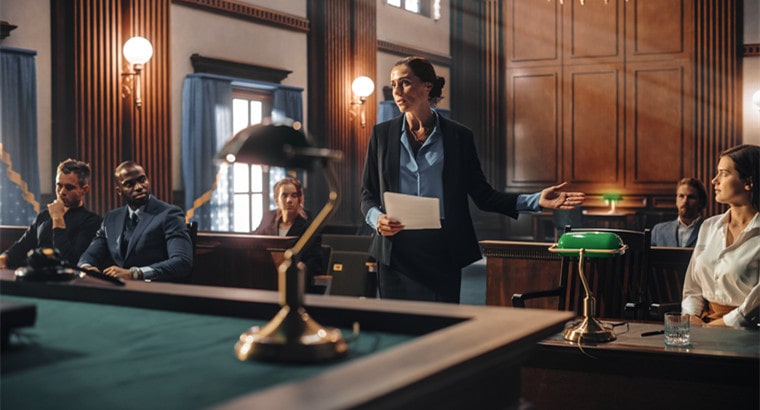Personal injury law is the tool that victims of negligence can use to punish at-fault parties and obtain compensation for their losses. To recover compensation, the victim must prove the four elements of personal injury law, which are:
• Duty of care
• Breach of duty of care
• Causation
• Damages
Proving these can be pretty complicated. It is best to hire personal injury lawyers at Park Chenaur & Associates LLP or from other reputed firms to handle your claim. Experienced attorneys can help you secure fair compensation.
You should know that the defendant will also hire a lawyer. They will ask you many questions to invalidate your claim. Here are six questions they will ask you:
1. Can you provide me with the details of the accident?
The defendant’s lawyer will want to know your side of the story. They will ask this question to prepare better for the case. They will ask for basic details, like the time and location of the accident. After they know the details of the case, they will formulate strategies to counter your claims.
Also, they will try to find inconsistencies in your story to make your claim invalid.
2. Were you aware of the surroundings at that time?
They will ask this question to raise questions about your claim. They will use the assumption of risk defense to escape responsibility. The lawyer will ask you whether there were any warning signs. Answer them honestly. They will also ask about the weather on that day to understand if the weather caused the accident.
3. Do you have any pre-existing injuries?
One of the common defenses the opposition will use is that your injuries existed even before the accident. So they will ask about pre-existing injuries.
Your pre-existing injuries might have gotten worse after the accident. The opposition will try to deny that.
4. Did you seek medical attention after the accident?
Seeking medical attention immediately after the accident is crucial. The opposition will claim that your injuries are not severe enough to seek medical attention or that you made your injuries worse by not getting medical attention.
This is why it is important to seek medical attention, even if you think you are fine. Remember, some injuries don’t show symptoms for some time. So just get checked out by a doctor. Proving the four elements can also become harder if you haven’t gotten medical care following the accident.
5. How have the injuries affected your daily life?
They will ask this to understand the severity of your injuries. When you have severe injuries, it is obvious that you won’t be able to work. So they have to compensate for the wages you lost as a result of the accident.
Remember to answer about the emotional and physical pain these injuries have caused you when the lawyer asks this question. They will try to ignore your non-economic losses. So you have to remind them.
6. Did you contribute to the accident in any way?
If you have contributed to the accident in any way, it will affect your compensation. Things will get worse if you are living in a state that follows contributory negligence.
According to this rule, you cannot claim compensation even if you are 1% responsible for the accident.
In pure comparative negligence, your total compensation will be reduced based on the percentage of your responsibility.
Some states follow modified comparative negligence. According to this rule, you cannot claim compensation if your contribution to the accident is more than 50%.
Final thoughts
The defendant’s lawyer will ask many more questions. Speak with your lawyer, and be prepared for these questions. Being prepared can help you answer better and reduce the chances of losing the case. Remember, never lie. Lying under oath is a crime. It can lead to reduced compensation and other consequences.










